European Fellowship Forum, September 2024

Among the topics discussed:
· The recent AfD successes in German national elections · Arab-Islamic crime in Germany · The CIA, Mossad, the potential for war in Iran · The death of cursive writing, and the slide rule. · Replacement theology · Dearth of Greek manuscripts of Scripture in Medieval Europe · Education then and now, how children have been educated throughout the centuries · Hurricanes and other inclement weather · Demographics in Germany · Historical climate change and a much warmer Scandinavian past. See: Melting Ice and a High Altitude Dig Reveal Viking Secrets in Norway and The Big Melt
· Negro crime in America · Oppression of “Holocaust” truth seekers in Germany · School shootings and Jewish kids on psychotropic drugs · Abortion and Sodomy in the modern Israeli State · Phoenicians, and the Antikythera mechanism · Britain, the Glastonbury accounts, and related tales promoted by British Israel · We thought to discuss the rejection of mass immigration by the people of Ireland, but the opportunity was missed See: Ireland is Full
· Ohio Gov. DeWine’s deep connections to Haiti inform response to Springfield controversy (no wonder Ohio is being loaded with Haitians!) · “Doctor” Chuck Baldwin, who calls himself “America’s Patriot Pastor”, and his love for niggers · Jews openly colonize every White area they can get into · Islam and the so-called “White Sharia” movement · Divisions and dividers in Christian Identity, and more!



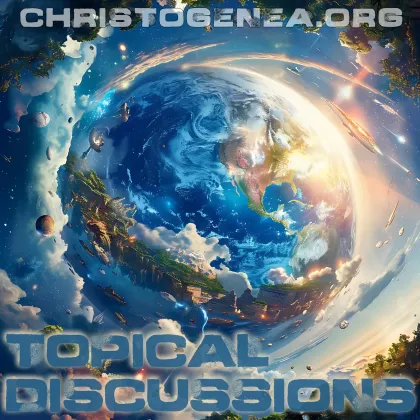

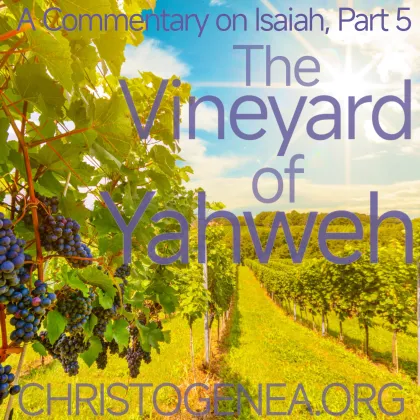
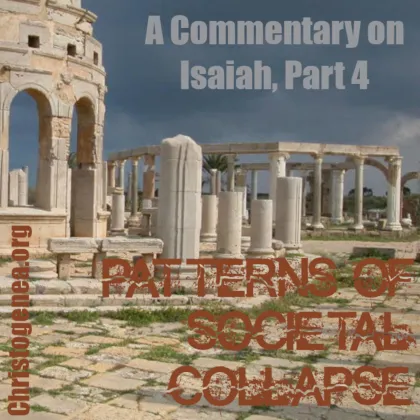
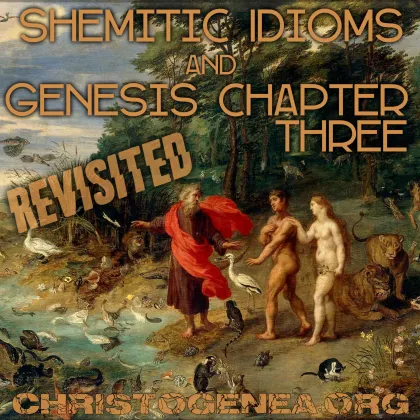
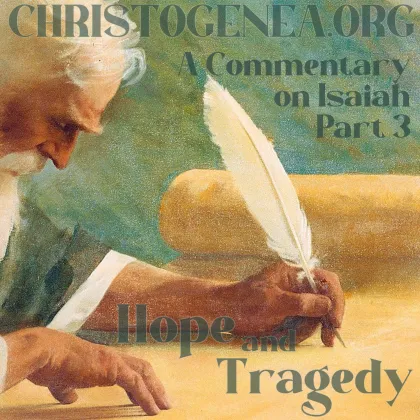
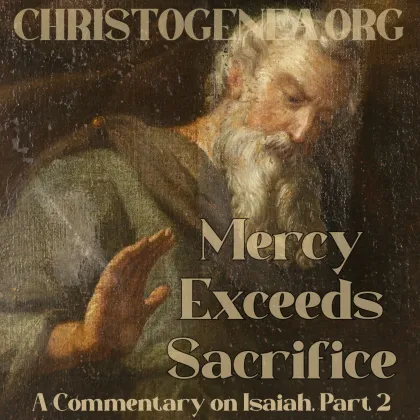
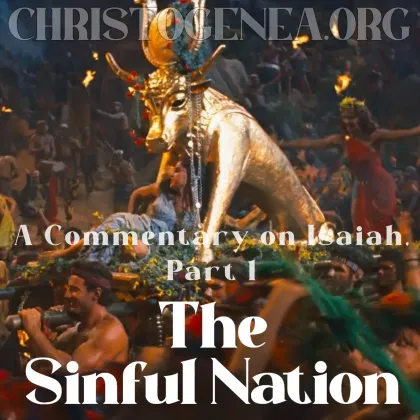
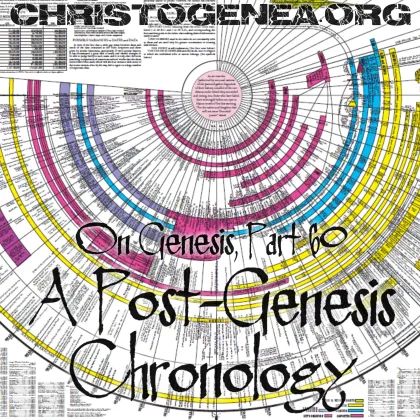
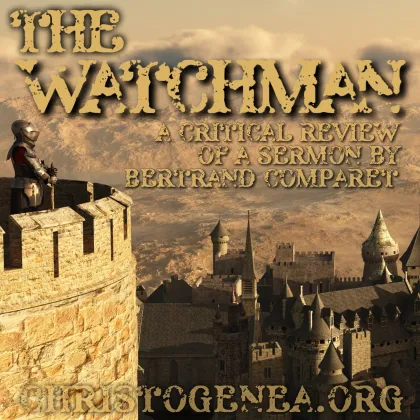
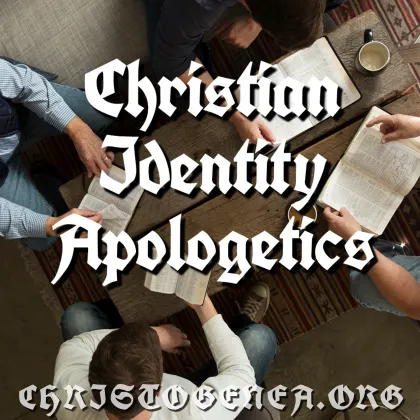


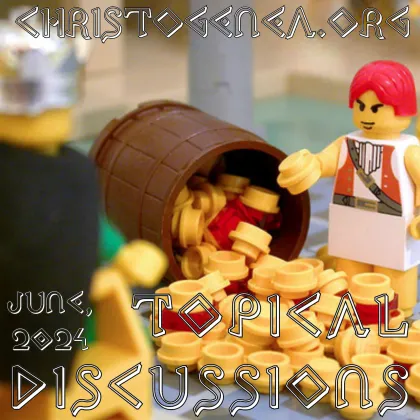
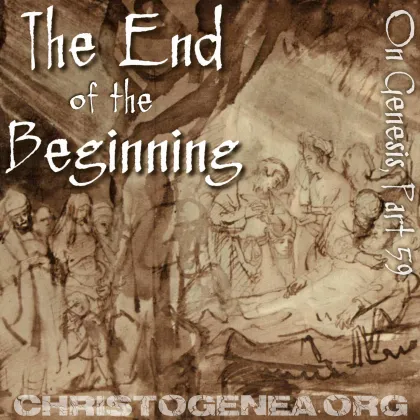

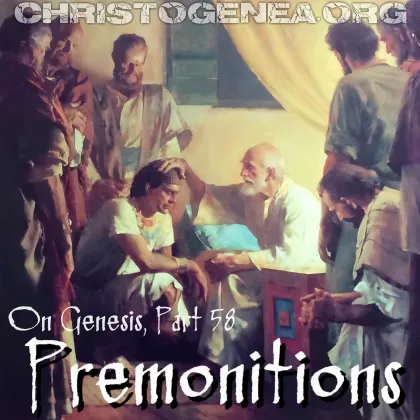




 Please click here for our mailing list sign-up page.
Please click here for our mailing list sign-up page.







